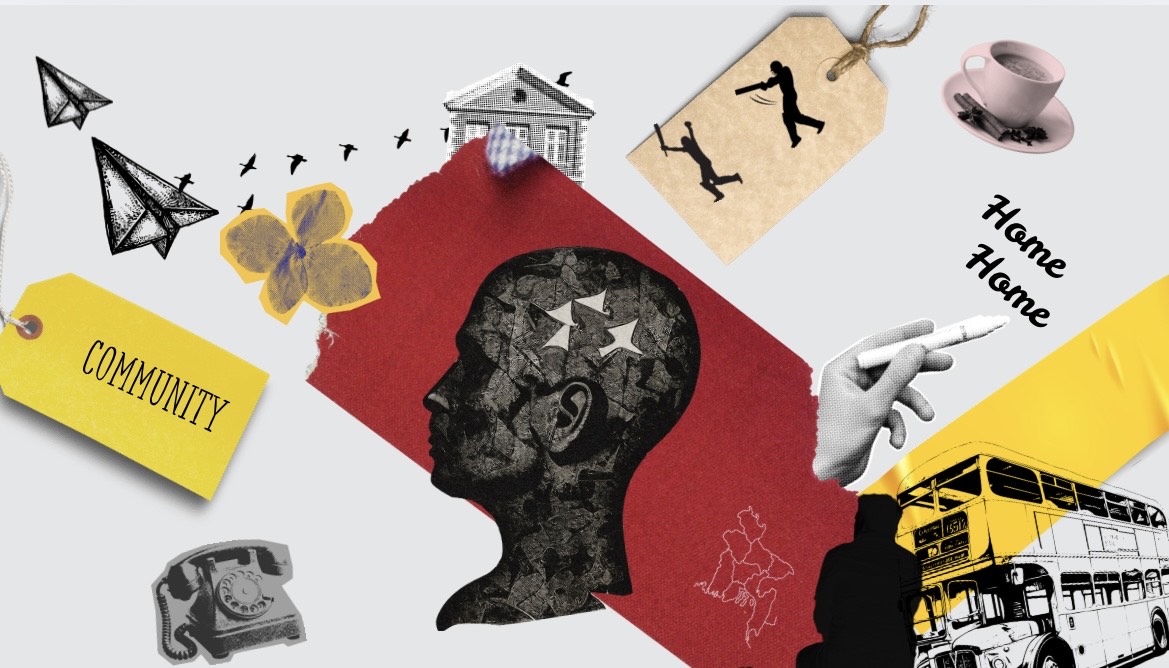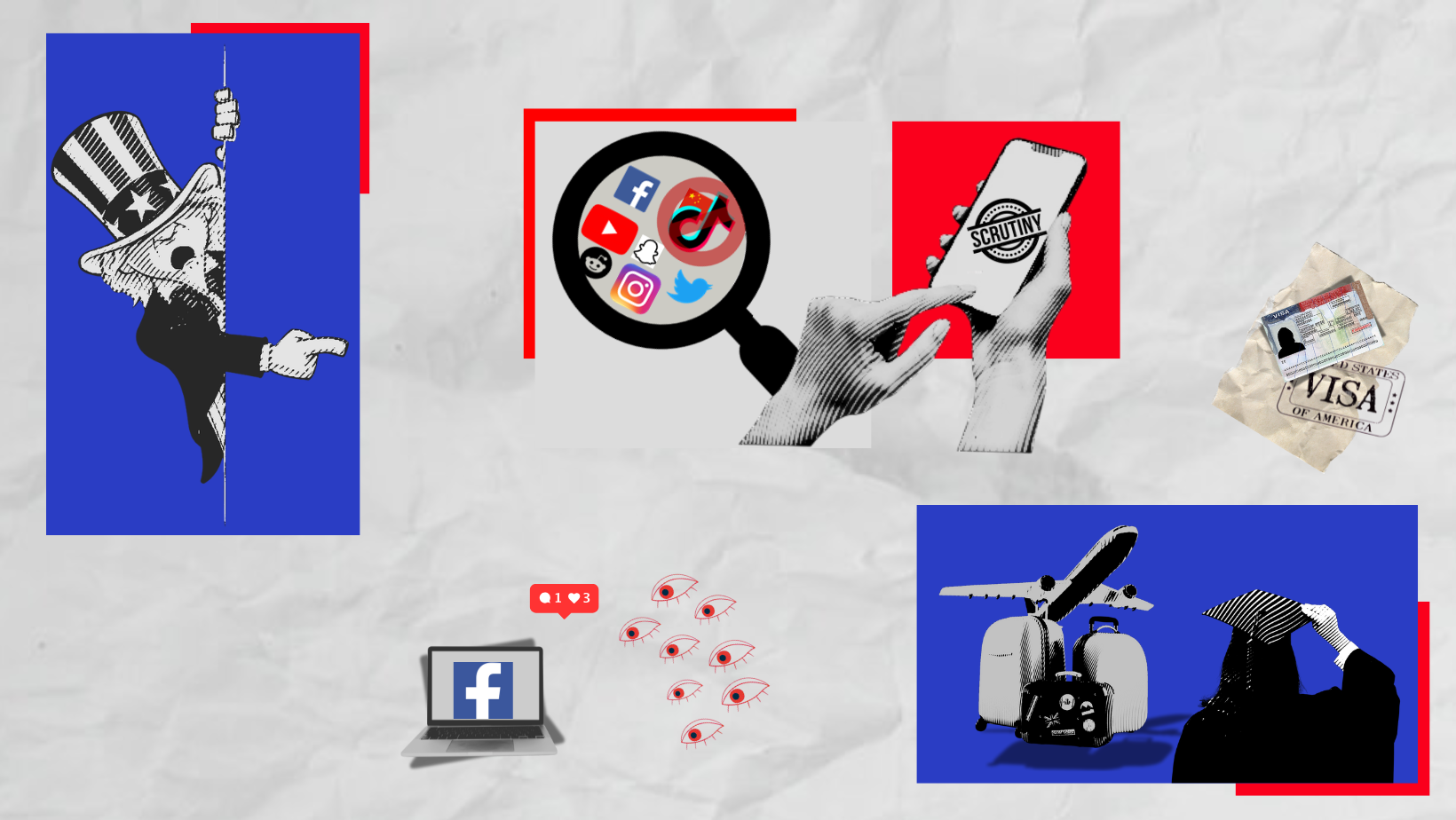The great British blame game of flags and fury

London, September 2025. Word of an assault by a migrant in Essex gets out, and the nation convulses into protest. Union jacks wave like warning signs, crowds chant about "British culture," and Premier Inns become warzones in a theatre of patriotic rage. It looks like satire but feels far too tragic: Nigel Farage, who is reportedly on course to become prime minister, makes another curtain call; right-wing groups choreograph indignation; and Bangladeshis, long part of Britain's story, serve late-night kebabs to the very people calling them invaders.
The incident sparked a protest that was fuelled by a potent mix of neoliberal failure and right-wing populism. The result? A country caught in the grip of a fear that is largely manufactured. Dinghies in the English Channel are recast as Viking longships, and teenagers in asylum limbo are treated as threats to civilisation. Colonial Britain once governed Bengal; today's Britain trembles at a Sudanese teen asking for Wi-Fi. What is truly remarkable is not the outrage, but the ideological buffet that feeds it. Right-wing populism provides the fury and flags. Neoliberalism—the system that dismantles social services and turns homes into investment assets—sets the stage. And migrants? They are the scapegoats for a nation in decline. The National Health Service (NHS) collapses under decades of underfunding, but the Bangladeshi porter is blamed. Wages stagnate due to deregulation, but the immigrant Uber driver is accused.
Enter, stage right, the panto villain who never leaves: Nigel Farage. Whether dressed in UKIP, Brexit Party or Reform UK regalia, his message never changes: Britain is under siege, and only Nigel sees the threat. Less a politician than a political franchise, Farage recycles his script endlessly: pint in hand, sneer at the ready, blaming the outsider for every crack in the national pavement. Operation Raise the Colours, the latest outburst of nationalist performance art, saw a hundred thousand march through London. Flags flew from mobility scooters and council flats alike. It felt more like a clearance sale at Poundland than a defence of heritage. Polyester bunting, after all, will not fix train delays, housing shortages or the NHS.
Even Keir Starmer, typically allergic to theatrics, declared the protests "the fight of our times." That is either a terrifying misdiagnosis or an honest admission that political leadership in Britain now revolves around distraction. Because if asylum seekers are causing a national crisis, then the country is not in decline; rather, it is in delusion. Here lies the deeper tragedy: neoliberalism caused the crisis, and populism sold the lie. Austerity gutted communities. Deregulation outsourced livelihoods. Privatisation turned schools, transport, and healthcare into profit machines. But the public, frustrated by real suffering, is handed convenient villains: migrants who neither designed the system nor benefit from it.
The Bangladeshi diaspora is well-acquainted with this dance. From Brick Lane to Leicester's factories, they have fed, clothed and transported Britain. Once treated with suspicion, now taken for granted, their integration is undeniable. Chicken tikka masala is hailed as the national dish, but its originators are still framed as intruders. Today's kebab seller is tomorrow's cultural icon—just don't tell the protesters. Globally, it is the same story. Giorgia Meloni in Italy defends "Christian Europe." Trump's wall still lingers in American fantasy. Sweden and Germany resurrect their far right every election. Across the West, neoliberalism fails to deliver security, and migrants become scapegoats in a pantomime designed to distract from policy disaster.
The hypocrisy is glaring. Protesters scream "Britain is full" while riding in Uber cars driven by immigrants. They lament "drains on the NHS" as Nigerian nurses and Indian doctors carry the night shift. They wave flags outside Bangladeshi-owned shops before popping in for crisps. It is not an invasion; it is integration. But facts rarely survive in a rage march. This theatre has no intermission. The script is old: cut public services, sow resentment, blame the outsider. Politicians chant "secure our borders," ignoring that housing is unaffordable not due to asylum seekers but because council homes have been sold off. The NHS is buckling under neglect, not migration, and wages are stagnant because the system was built that way.
The irony is delicious, if bleak. Colonial Britain exported its values at gunpoint. Now, Little Britain imports its labour while decrying foreign influence. Protesters rage outside Travelodges, seemingly unaware that without the diaspora, Britain would fall apart.
There is a reason this pattern feels familiar. The Irish, the Windrush generation, the South Asians—all were once blamed, then relied on, then retroactively embraced. Britain has a tradition of vilifying the newcomer, then quietly depending on them. Today's refugee is tomorrow's key worker. And that is the final punchline: the protests are not about security or culture, they are about illusion. The illusion that Britain's decline can be blamed on outsiders. The illusion that patriotism lies in bunting, not policy. The illusion that Farage-style populism offers solutions when it only recycles enemies.
While right-wing rhetoric boils over, Bangladeshi communities quietly run food banks, work night shifts, and fill the gaps left by decades of austerity. They know Britain better than the protesters do, because they have lived through suspicion, survived the cycles of blame, and still show up to keep the country running. The real emergency is the political cowardice and the refusal to admit that Britain's decline was homegrown, certainly not imported.
So, Britain marches, flags in hand, chanting at shadows. Farage reappears on cue. The diaspora rolls its eyes and gets on with it. And the country limps forward, stitched together not by nationalism, but by the invisible hands it keeps trying to swat away. Immigrants did not break Britain. Neoliberalism did. Instead of fixing it, populism just handed out pitchforks, and no amount of polyester bunting will ever stitch the nation back together.
Barrister Noshin Nawal is a columnist for The Daily Star. She can be reached at nawalnoshin1@gmail.com.
Views expressed in this article are the author's own.
Follow The Daily Star Opinion on Facebook for the latest opinions, commentaries and analyses by experts and professionals. To contribute your article or letter to The Daily Star Opinion, see our guidelines for submission.




 For all latest news, follow The Daily Star's Google News channel.
For all latest news, follow The Daily Star's Google News channel. 

Comments